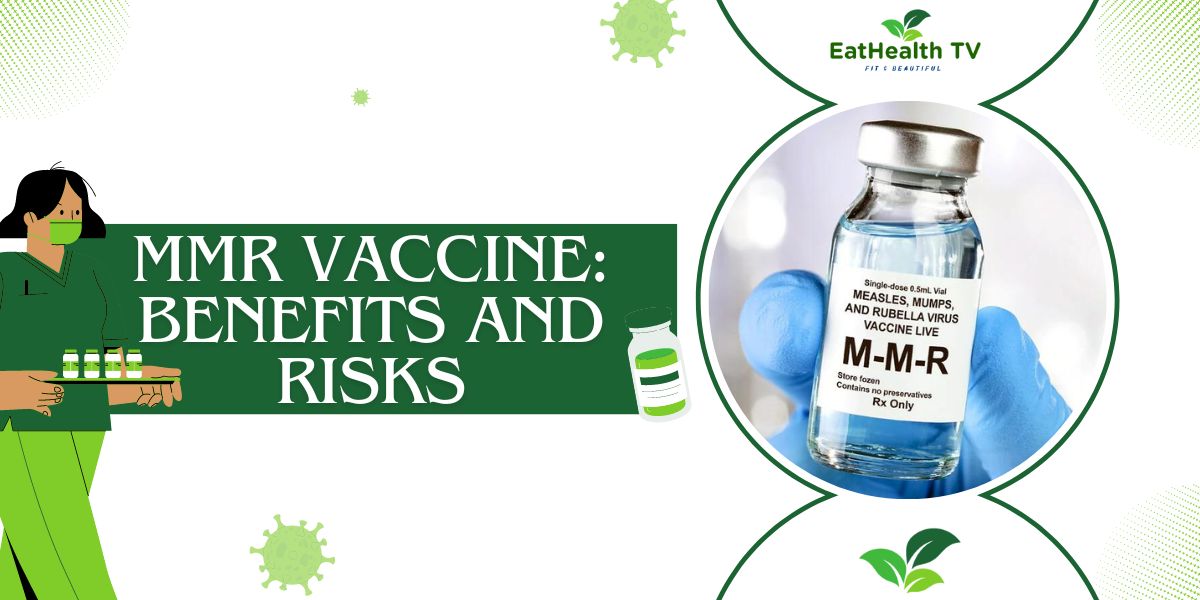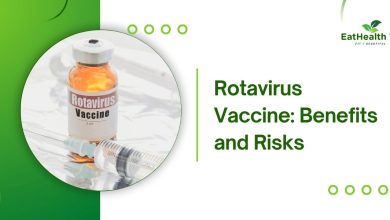MMR Vaccine: Benefits and Risks
Unlocking the Truth: Dispelling Myths Surrounding the MMR Vaccine

Exploring the MMR Vaccine: Understanding its Benefits and Risks
The measles, mumps, and rubella (MMR) vaccine stands as one of the most significant achievements in modern medicine, effectively preventing three potentially serious and contagious diseases. Yet, like all medical interventions, the MMR vaccine carries both benefits and risks. In this comprehensive guide, we will delve into the science behind the MMR vaccine, its importance in public health, and the potential risks associated with immunization. From 12th-grade students to seasoned experts, this article aims to provide a thorough understanding of the MMR vaccine in a professional and accessible manner.
The Importance of the Measles, Mumps, and Rubella (MMR) Vaccine
The Measles, Mumps, and Rubella (MMR) vaccine is a combination vaccine designed to protect against measles, mumps, and rubella—three viral infections that can lead to severe complications and even death. Measles, in particular, was once a widespread and deadly disease, causing millions of infections and hundreds of thousands of deaths globally each year. The introduction of the MMR vaccine has led to a dramatic decline in measles cases and has even resulted in the elimination of measles in some regions. Just as we know What are The Symptoms of Measles?
- Measles: Measles is a highly contagious viral illness characterized by fever, cough, runny nose, and a distinctive red rash. While most people recover from measles without serious complications, the disease can lead to severe complications, including pneumonia, encephalitis (inflammation of the brain), and death, particularly in young children and immunocompromised individuals.
- Mumps: Mumps is another viral infection preventable by the MMR vaccine. It is characterized by swelling of the salivary glands, leading to puffy cheeks and a swollen jaw. In addition to the discomfort caused by swollen glands, mumps can lead to complications such as meningitis, encephalitis, and hearing loss.
- Rubella: Rubella, also known as German measles, is typically a mild viral infection characterized by a rash and low-grade fever. However, rubella can have serious consequences if contracted by pregnant women, as it can lead to congenital rubella syndrome (CRS) in their babies. CRS can cause birth defects such as deafness, blindness, heart defects, and developmental delays.
The Measles, Mumps, and Rubella (MMR) vaccine : Benefits
The benefits of the MMR vaccine are manifold and extend beyond individual protection to include community-wide immunity and the prevention of outbreaks. Here are some key benefits of the MMR vaccine:
- Prevention of Disease: The primary benefit of the MMR vaccine is its ability to prevent measles, mumps, and rubella, thereby reducing the incidence of these diseases and their associated complications.
- Herd Immunity: By vaccinating a large proportion of the population, the MMR vaccine contributes to herd immunity, protecting those who cannot be vaccinated due to medical reasons or who have not yet been vaccinated, such as infants.
- Eradication Efforts: The widespread use of the MMR vaccine has played a crucial role in global efforts to eliminate measles and rubella, bringing us closer to the goal of eradication.
- Cost-Effectiveness: Vaccination programs, including the MMR vaccine, are highly cost-effective, saving healthcare systems significant expenses associated with treating vaccine-preventable diseases and their complications.
The Measles, Mumps, and Rubella (MMR) Vaccine: Risks
While the benefits of the Measles, Mumps, and Rubella (MMR) Vaccine are well-established, like all medical interventions, it is not without risks. It is essential to acknowledge and address these risks to maintain public trust in vaccination programs. Here are some potential risks associated with the MMR vaccine:
- Mild Reactions: Most individuals experience only mild reactions to the MMR vaccine, such as fever, rash, and soreness at the injection site. These reactions are generally short-lived and resolve on their own.
- Rare Adverse Events: In very rare cases, the MMR vaccine has been associated with more serious adverse events, including allergic reactions, seizures, and febrile convulsions. However, the risk of these events is extremely low compared to the risk of complications from measles, mumps, or rubella.
- Autism Controversy: Perhaps the most significant concern surrounding the MMR vaccine is the debunked claim that it is linked to autism spectrum disorder (ASD). Despite extensive scientific research refuting this claim, misinformation and fear continue to fuel vaccine hesitancy in some communities.
- Immunocompromised Individuals: Individuals with weakened immune systems, such as those undergoing cancer treatment or living with HIV/AIDS, may be advised against receiving live vaccines like the MMR vaccine due to the risk of vaccine-associated complications.
Conclusion
The Measles, Mumps, and Rubella (MMR) Vaccine remains a cornerstone of public health, offering substantial benefits in preventing measles, mumps, and rubella and their associated complications. While no medical intervention is without risks, the overwhelming scientific evidence supports the safety and efficacy of the MMR vaccine. By understanding the benefits and risks of the MMR vaccine, individuals can make informed decisions about immunization, contributing to the collective effort to protect public health.




